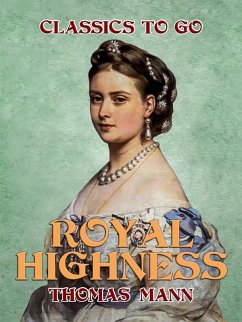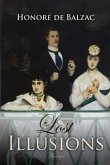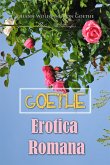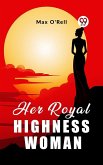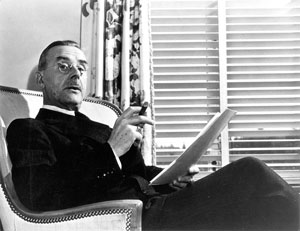Royal Highness (German: Konigliche Hoheit) is a 1909 novel by Thomas Mann. It is Mann's second novel and was written between the summer of 1906 and February 1909. Royal Highness is characterized by its fairytale-like qualities and was modeled after Mann's own romance and marriage to Katia Mann in February 1905. First published in 1909 in Die neue Rundschau, the novel was met with great enthusiasm from the public. However, it was met with a more divided reception from critics.
Dieser Download kann aus rechtlichen Gründen nur mit Rechnungsadresse in A, B, BG, CY, CZ, D, DK, EW, E, FIN, F, GR, HR, H, IRL, I, LT, L, LR, M, NL, PL, P, R, S, SLO, SK ausgeliefert werden.
Hinweis: Dieser Artikel kann nur an eine deutsche Lieferadresse ausgeliefert werden.

